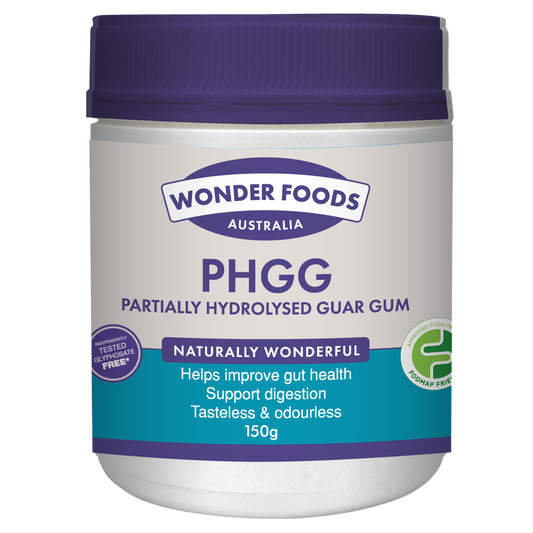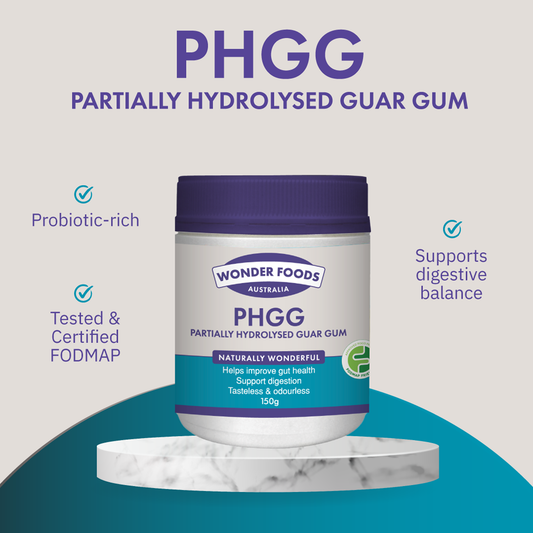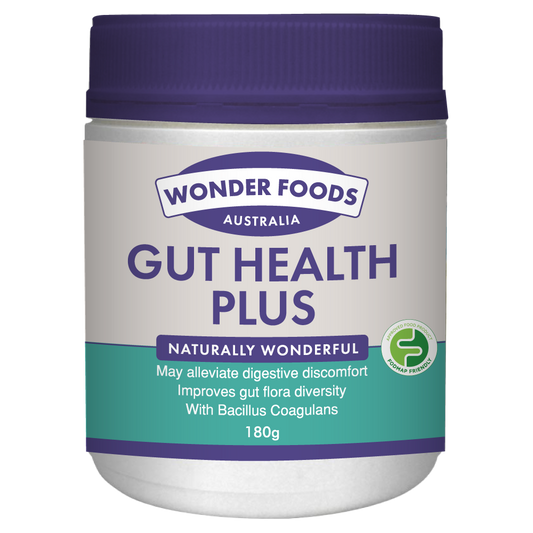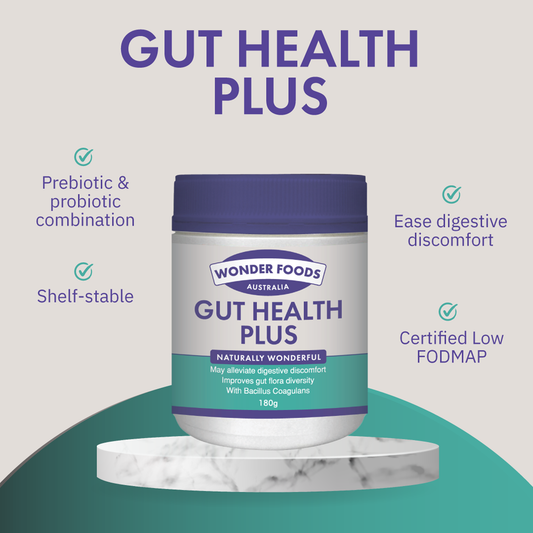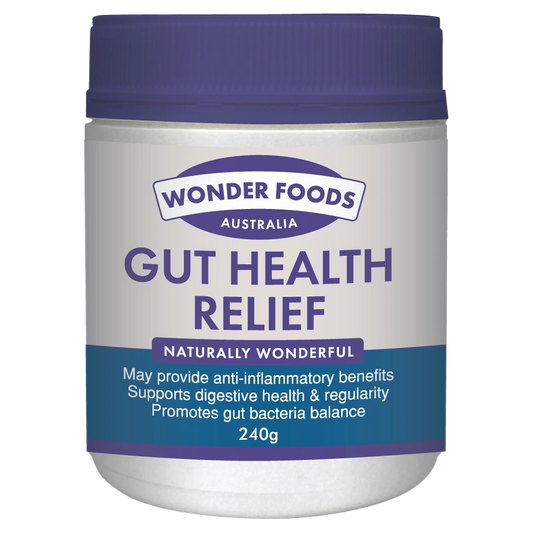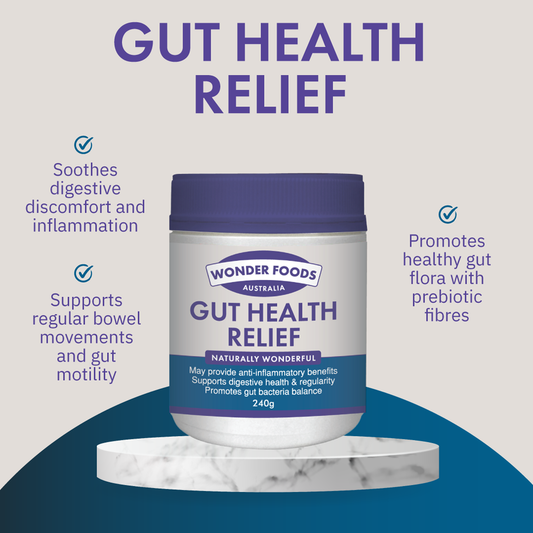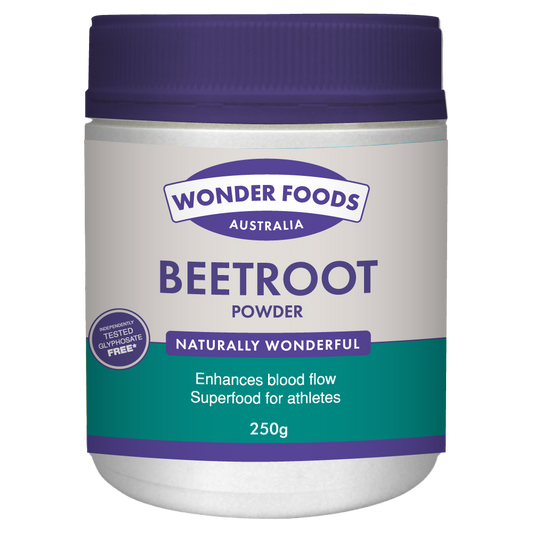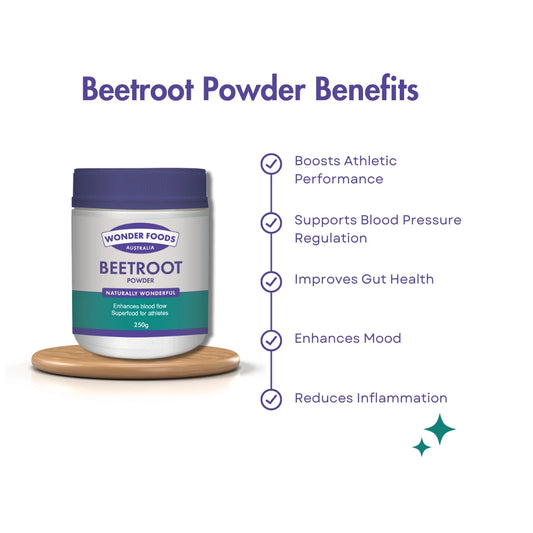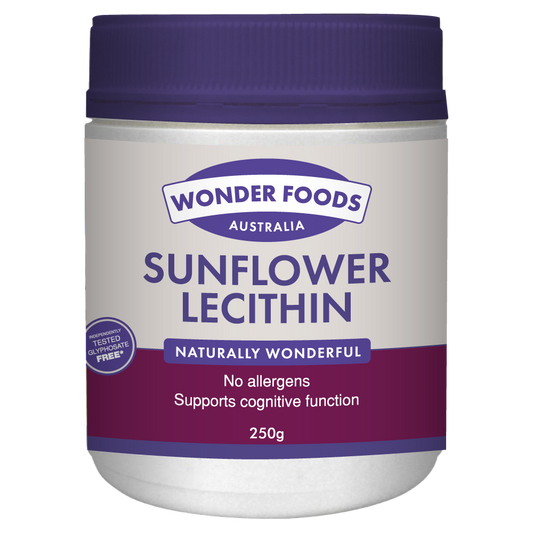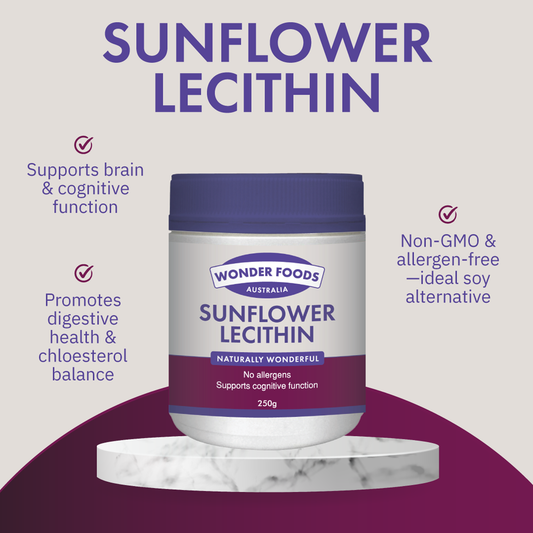
Choline - Many Miss this Nutrient
What is Choline?
Choline is a vital nutrient that many people are unaware of, yet it plays a critical role in maintaining good health.
It is a water-soluble compound often grouped with the B-vitamins due to its similar functions.
Choline is essential for several key processes in the body, including:
- Brain Development and Function: Choline is necessary for the production of acetylcholine, a neurotransmitter involved in memory, mood, and muscle control.
- Cell Structure: It is a major component of cell membranes, helping to maintain their structure and function.
- Metabolism: Choline plays a crucial role in the process of methylation, which is important for DNA synthesis and repair, as well as liver function.
What are the Benefits of Choline?
1. Brain Development and Cognitive Health
Choline is particularly important during pregnancy.
Research has shown that adequate choline intake is crucial for the brain development of the fetus.
A study published in Nutrients highlights that choline is involved in brain structure formation and neurotransmission, which are essential for cognitive development.
Insufficient choline during pregnancy can negatively impact the baby's brain development and cognitive function.
2. Mental Health and Cognitive Function
Choline continues to benefit brain health beyond pregnancy.
A review in Early Intervention in Psychiatry suggests that maternal choline supplementation can enhance fetal brain development and potentially prevent mental health issues later in life.
Moreover, a study in the FASEB Journal demonstrated that children whose mothers took higher doses of choline during pregnancy had better sustained attention at age seven.
For adults, particularly older adults, choline can support cognitive function and memory.
A review in CNS Drugs found evidence suggesting that choline supplementation could benefit memory, though more rigorous studies are needed.
3. Physical Health
Choline is also critical for physical health. It supports liver function by aiding in the transport and metabolism of fats.
A deficiency in choline can lead to liver and muscle damage.
Additionally, choline is involved in maintaining a healthy metabolism and reducing inflammation.
How Much Choline Should You Have?
The amount of choline you need varies by age, sex, and life stage. According to the National Institutes of Health (NIH), the recommended daily intake for choline is:
- Women (19+ years): 425 mg/day
- Pregnant women: 450 mg/day
- Breastfeeding women: 550 mg/day
- Men (19+ years): 550 mg/day
Despite these recommendations, many people, especially pregnant women, do not meet their daily choline needs through diet alone. Foods rich in choline include:
- Eggs: One egg yolk contains about 147 mg of choline.
- Meat: Beef liver is particularly high in choline, with about 356 mg per 3 ounces.
- Fish: Cod and salmon are good sources.
- Dairy: Milk and yogurt also provide choline.
- Vegetables: Broccoli, Brussels sprouts, and soybeans.
In addition to dietary sources, choline supplements are available and can help ensure you meet your daily requirements, particularly if you are pregnant or have increased needs.
Summary
Choline is a crucial nutrient for brain health, cognitive function, and overall physical health. It is especially important during pregnancy to support the development of the baby's brain.
Despite its importance, many people do not get enough choline from their diet.
Incorporating choline-rich supplements can help you meet your daily needs and enjoy the numerous health benefits this nutrient offers.
Ensuring you get enough choline is a simple yet impactful way to support your health and well-being.
Whether you're expecting a baby, aiming to boost your cognitive health, or looking to improve your overall nutrition, choline is an essential nutrient that deserves your attention.


